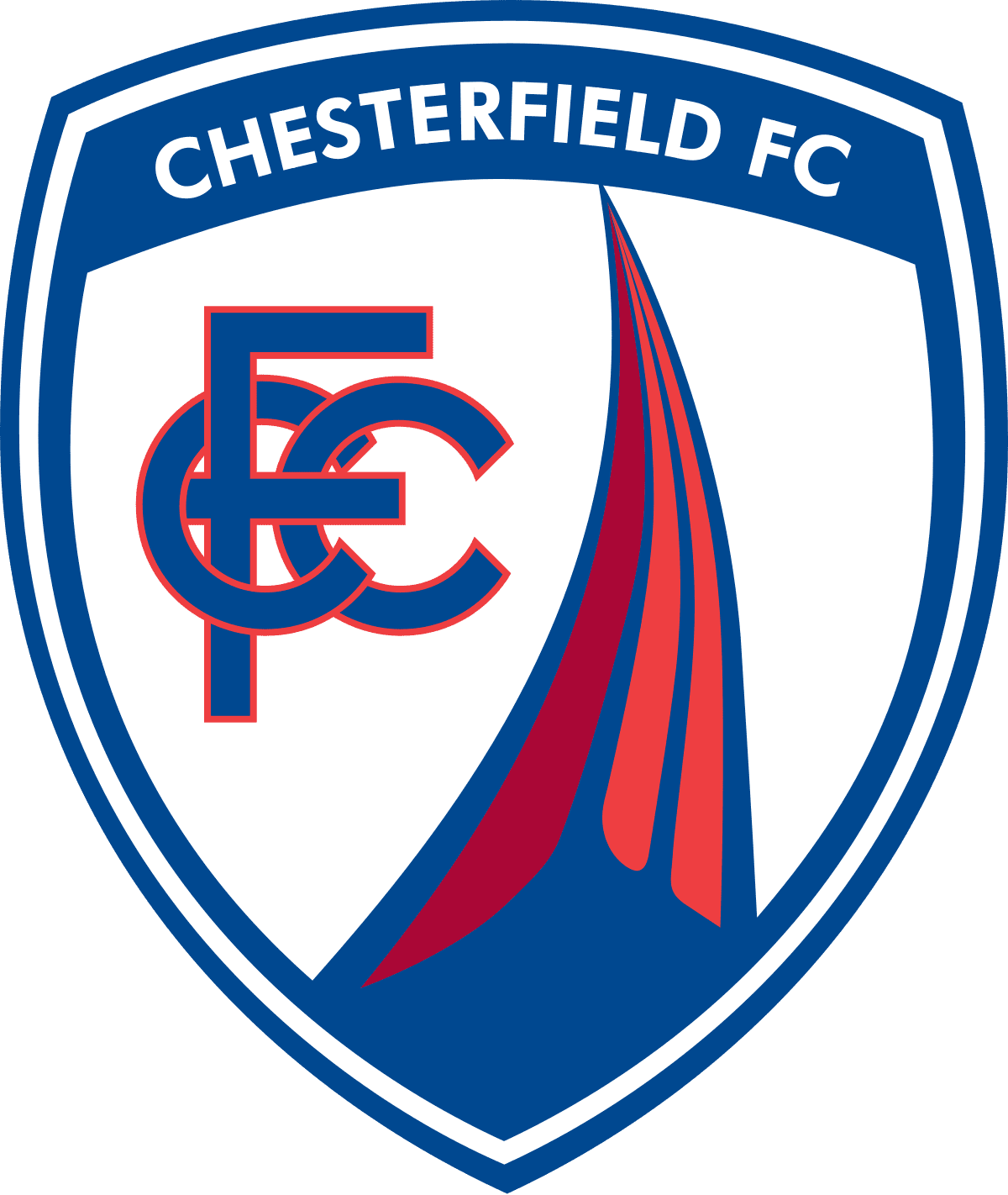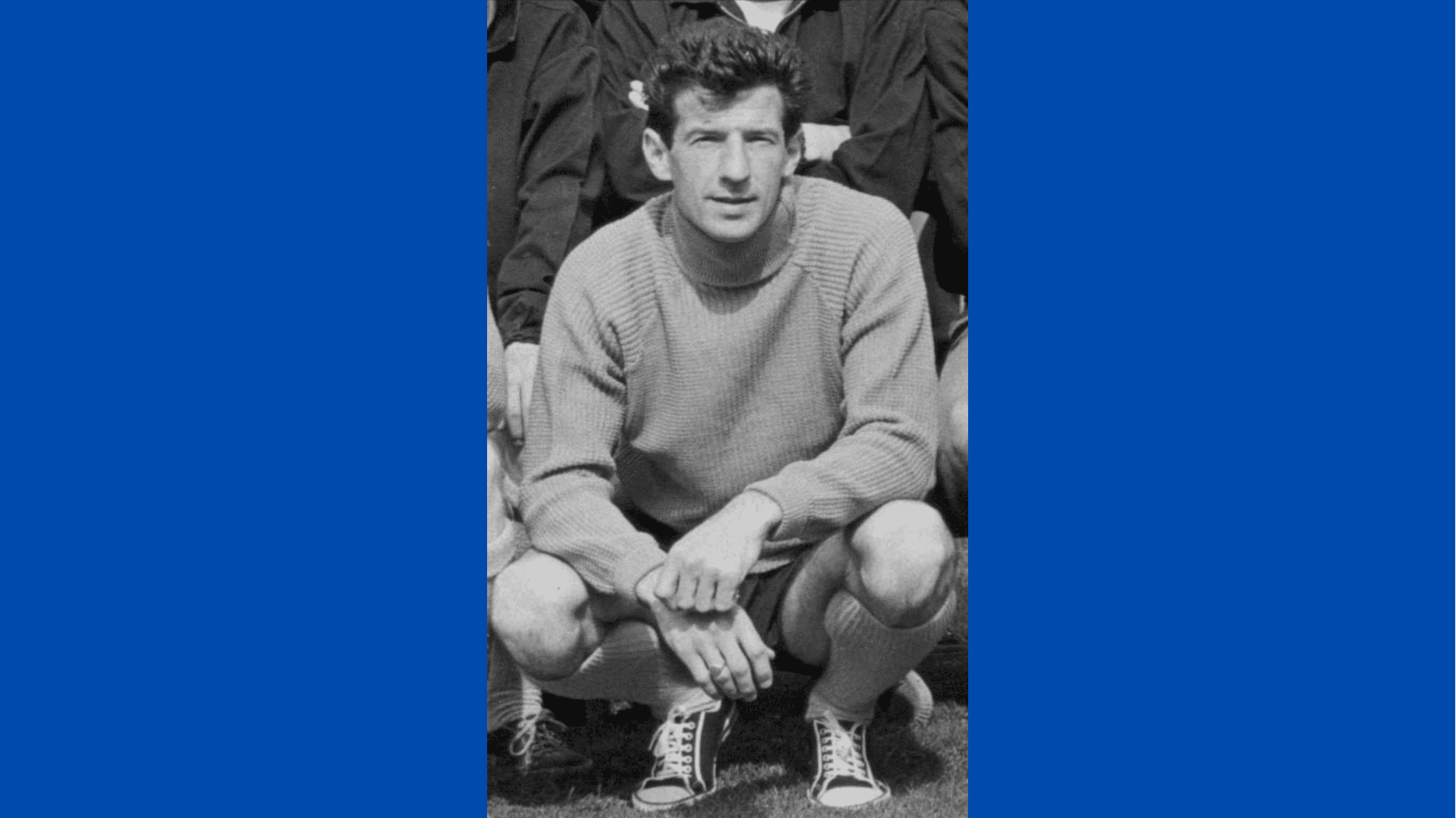Sad news reaches us of the passing of Tony Bartley, who played for the Spireites in the 1960s. Club historian Stuart Basson pays this tribute…
Stalybridge-born Tony was on amateur forms at Everton as a young teenager but was on National Service when he joined Bolton Wanderers in September 1956.
Nothing came of that, so he returned to playing for his local Stalybridge Celtic side. He began to forge a reputation as a pacy winger, so much so that Bury signed him in November 1958 when his National Service finished.
Tony’s best years were spent at Gigg Lane. He was part of the side that achieved promotion to (the old) Division Two in 1960/61 but he might have moved on shortly after: out of the first team and having scored 16 goals in 18 Central League games at the start of 1961/62 and feeling unsure of his own future at Bury, he was transfer-listed at his own request.
Recalled to the Bury first team, he was a regular from 1961/62. In April 1962, he earned praise for a performance against Stoke, where his wing play was reckoned to have eclipsed that of the great Stanley Matthews, on that day.
Other good performances followed – he was rated Man of the Match in Bury’s 2-0 win over Birmingham in the 1962/63 FA Cup, a season in which he was ever-present for the Shakers.
As the maximum wage (1961) and the retain and transfer system (1963) were abolished in the early 1960s, clubs like Bury found it difficult to operate at a high level on gates lower than those of their rivals. The Shakers began to struggle in Division Two, and in the resultant churn, Tony was sold to Oldham Athletic for £7,500.
His first season at Boundary Park returned nine goals from 31 games but his second was judged less successful, and he weas allowed to leave on a free transfer in the summer of 1966.
Chesterfield moved for him, and he joined the Spireites to become part of a completely rebuilt forward line featuring new signings Andy Wilson, Bobby Tait, Kevin Randall, Billy Stark and Tony Bartley.
It was often the case that Chesterfield’s free transfer imports in the 1960s were given little chance to cement a place before being discarded, and this became Tony’s fate.
A starter in the season’s opening game, he scored twice in a 3-1 win over Lincoln but was dropped at the end of September. He was recalled at centre-forward in March and played for more times on the wing before being freed in May 1967.
That summer, Tony agreed a move to Sligo Rovers, to become their player-coach. In reality, this was a player-manager position, for he was responsible for recruitment and, for the first time in that club’s history, he would pick the team, rather than have it selected by committee.
The club’s policy had five pro footballers recruited from England, while the rest of the team was made up with semi-pros from the Sligo area. This made it difficult to blend a side, and it made a division into two camps almost inevitable.
Nevertheless, Tony had some success, and good performances on the wing earned a measure of respect from fans that might naturally have sides with the home-grown contingent of players. It began to go wrong when two local players left for a summer in US football, and the outbreak of foot and mouth disease prevented the recruitment of players from the UK.
The local press rather turned against Tony when he chose not to re-sign a local favourite on that player’s return from the United States.
While still influential on the pitch, he may have fallen victim to an expression of fan power: the club fell to a humiliating defeat to Longford town in the FAI Cup just as the supporters club vetoed plans to spend money raised by them on players, rather than ground development.
Tony left Sligo around March 1969 but was quickly picked up as a player by Limerick, before moving on to Dundalk in October of that year. This was a difficult time for Tony: as Sligo manager he forbade players from other clubs training at the ground, and that policy now prevented him from training there as a Limerick and Dundalk player.
He kept active by running in the hills around Sligo and discovered a liking for horse riding in the area.
At the end of the 1969/70 season, he came back across the Irish Sea to join Bangor City, in Wales. That move lasted only a month before being released in September, whereupon he re-joined his first semi-pro club, Stalybridge Celtic.
A great believer in keeping fit, Tony worked for his local sports centre as his playing career came to an end and ran health clubs in the north-west. Other post-football activity included work at a Manchester-based motor dealership.
Tony retained a simple love of the game throughout his life and Bury remained his first love: he made an emotional return to Gigg Lane in March of this year. His loss is a sad one for the game, and we extend our condolences to Tony’s family and friends.





